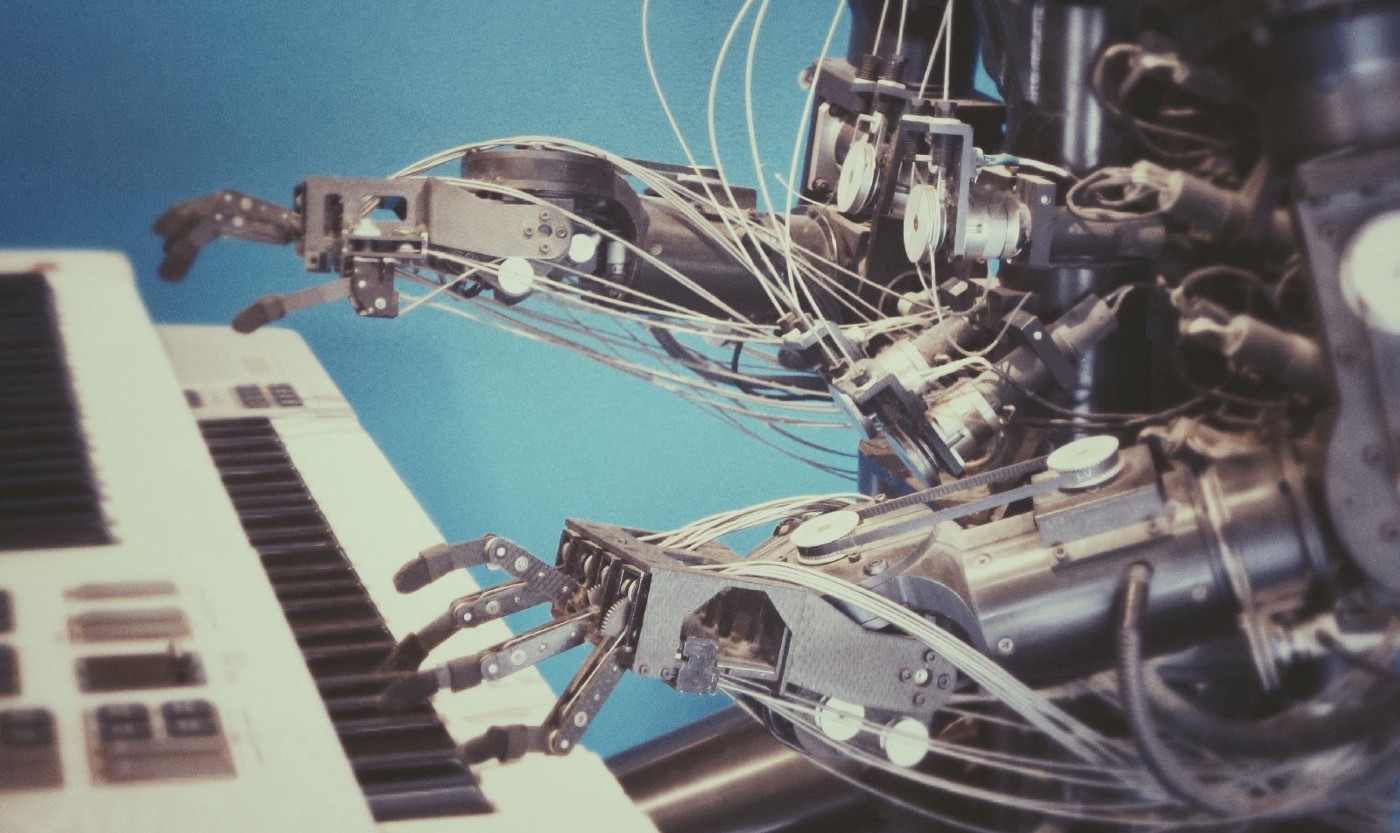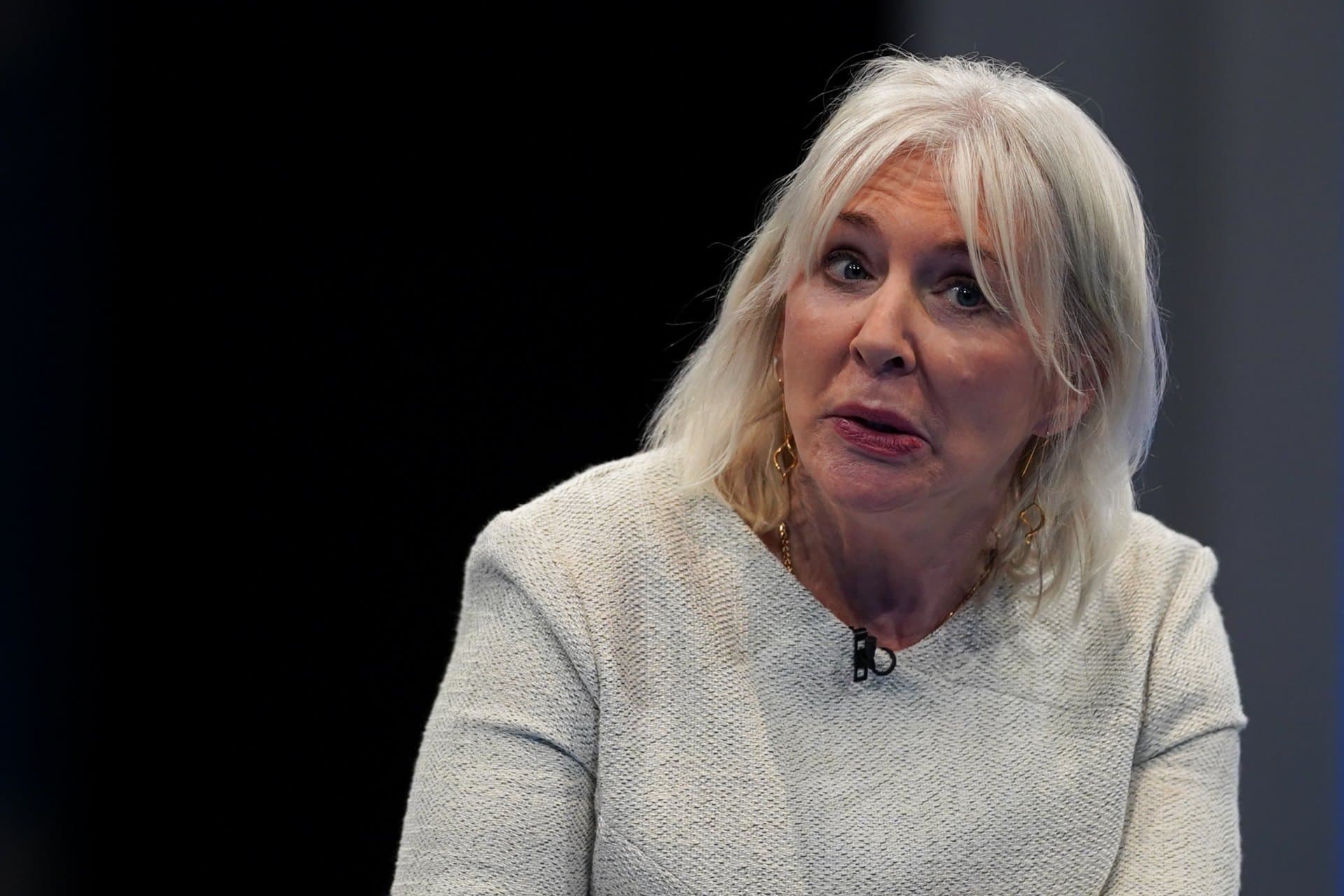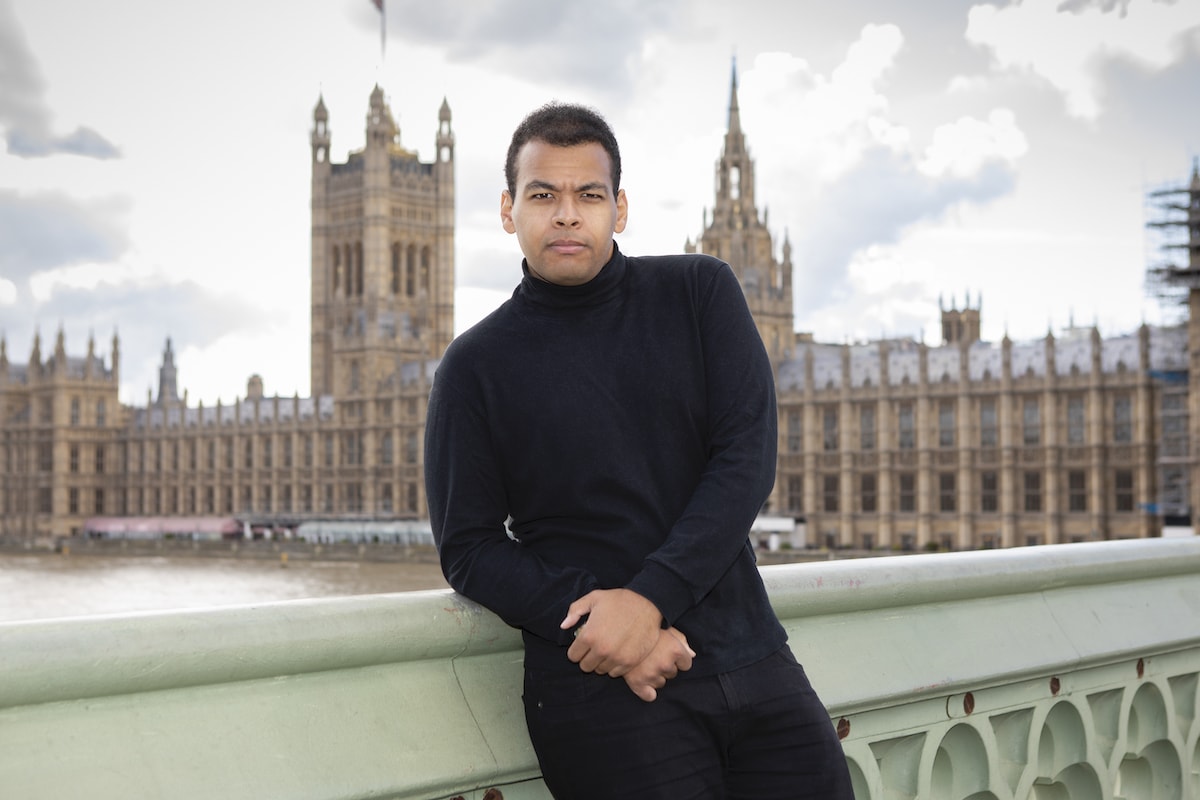
Amidst all the commotion of yet another Tory leadership contest, believe it or not, there are still some pieces of legislation making progress.
Incidentally, one of them involves Culture Secretary Nadine Dorries – one of the very few who’ve supported Johnson to the very end of his premiership. And it’s a piece of law that UK Music, the umbrella body for the music industry in this country, are fearful of.
Specifically, UK Music have called for the rejection of plans that would allow Artificial Intelligence (A.I.) companies to data mine music from UK creators, without the need for their permission.
In a letter to the Culture Sec last week, UK Music Chief Executive Jamie Njoku-Goodwin described the “drastic, unintended consequences” of such a proposal, which he argued “would significantly undermine the basic principles that the creative industries are based on”.

Nadine Dorries
Njoku-Goodwin also stated how a large part of the music industry’s success, which was worth £5.8 billion to the economy pre-Covid, generated exports of £2.9 billion and employed almost 200,000 people, “has been down to our robust copyright laws”.
“The proposals on data mining risk undermining that framework and causing significant damage to a whole range of sectors,” he added.
His words are in response to a recent consultation carried out by the government that was published last month: the Artificial Intelligence and Intellectual Property: copyright and patents report, to give it its full title.
This had set out to explore how the UK can “level up” A.I. and turn the UK into a “global A.I. superpower” – the type of language we’ve heard many a time throughout Johnson’s time in office.
In its assessment, it outlines plans for a new copyright and database exception, which allows for text and data mining (TDM) “for any purpose”. TDM is a key factor in allowing A.I. applications to develop, granting them access to new datasets with which to train their algorithms.
That might sound a bit technical. It’s essentially a question of how much the government is willing to grant machines access into music (and its data) that humans have made. This report states they are indeed keen.

Jamie Njoku-Goodwin
Yet, as Njoku-Goodwin further argues, such “proposals would give the green light to music laundering – if the government truly wants the UK creative industries to be world leading, they must urgently rethink these plans.”
“Our innovation has value,” he added in the letter. “Our creative IP is not raw material for others to freely monetise – yet this is what these proposals open the door to.
“UK Music supports attempts to grow the UK’s AI sector, yet this cannot be achieved by taking away vital tools that enable the music industry, and other IP reliant sectors, to innovate.
“These proposals are dangerous to the future prospects of our globally successful sector. As someone who has always championed our world leading creative industries and knows from personal experience just how important robust copyright protections are, we ask for your support to help to guarantee this proceeds no further.”
We shall see just where this debate, and its relevant legislation will end up. It’s more than likely we’ll have a new Prime Minister, and consequently a new Culture Secretary, before it proceeds much further.
That is unless the machines simply deem it all too tedious and wipe us all out before a new one’s decided. Artificial intelligence is, after all, better than no intelligence at all.




